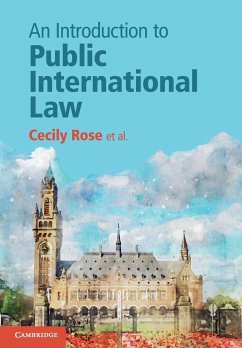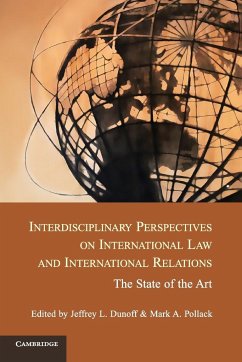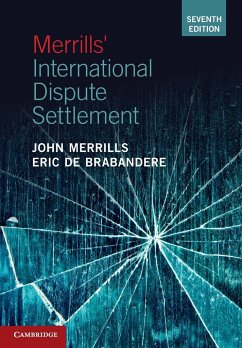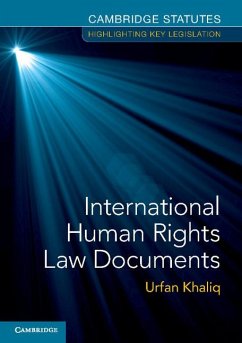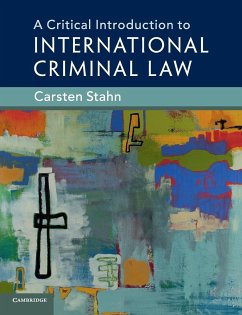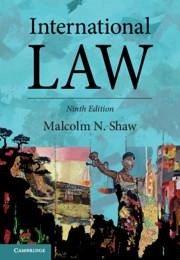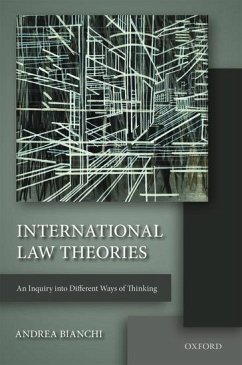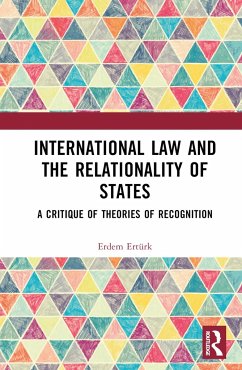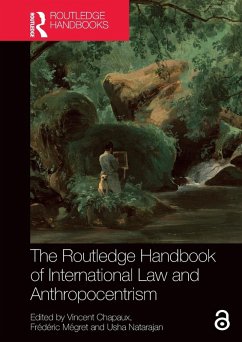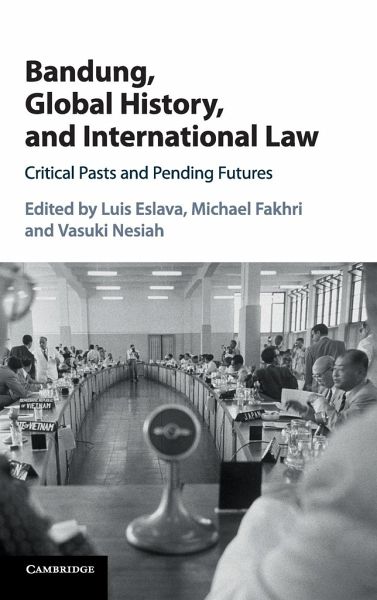
Bandung, Global History, and International Law
Versandkostenfrei!
Versandfertig in 1-2 Wochen
178,99 €
inkl. MwSt.
Weitere Ausgaben:

PAYBACK Punkte
89 °P sammeln!
The 1955 Bandung Conference was a key moment in decolonization and the establishment of a new world order. This, the first sustained multi-disciplinary study of Bandung, explores the development of public international law from a Third World perspective as well as the place of Bandung within global intellectual history.





